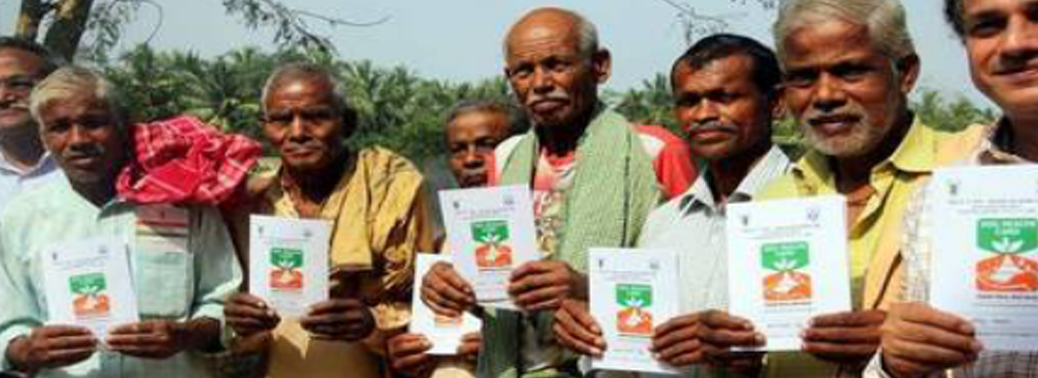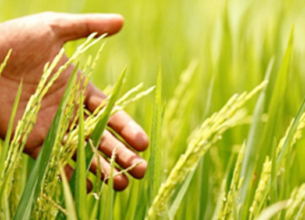SOIL HEALTH CARD SCHEME
07, Feb 2020

Prelims level : Agriculture, Ignorance, Subsidy, Marketing
Mains level : GS-III Issues related to direct and indirect farm subsidies and minimum support prices; Public Distribution System - Objectives, Functioning, Limitations, Revamping; Issues of buffer stocks and food security; Technology Missions; Economics of Animal-Rearing.
Why in News?
- In the second phase of the scheme’s implementation, 11.69 crore Soil Health Cards were distributed to farmers in Two Years.
Soil Health Card Scheme:
- The scheme was launched in 2014 with a view to addressing the decline of soil nutrients.
- The scheme has helped farmers to understand the soil health parameters and improve its productivity by judicious application of soil nutrients.
- Under this scheme, farmers can know the major and minor nutrients available in their soils which will ensure judicious use of fertiliser application and reduce the cost of inputs and improve soil fertility.
- A Soil Health Card is used to assess the current status of soil health and, when used over time, to determine changes in soil health that are affected by land management.
- It displays soil health indicators and associated descriptive terms. The indicators are typically based on farmers’ practical experience and knowledge of local natural resources.
- The card lists soil health indicators that can be assessed without the aid of technical or laboratory equipment.
- A study conducted by the National Productivity Council (NPC) says the application of Soil Health Card recommendations has led to a decline of 8-10% in the use of chemical fertilizers and also raised productivity by 5-6%.
- A pilot project “Development of Model Villages” is being implemented under which the sampling and testing of cultivable soil are being encouraged in partnership with the farmers.
- Under the project, a Model Village has been selected for aggregation of soil samples and analysis of each agricultural holding.
- The scheme provides for the analysis of soil composition by the State Governments once in every two years so that remedial steps can be taken to improve soil nutrients.
- Farmers can track their soil samples and also obtain their Soil Health Card report.
- The scheme also aids in creating employment for Rural Youth.
- Under the scheme, village youth and farmers up to 40 years of age are eligible to set up Soil Health Laboratories and undertake testing.
- A laboratory costs up to Rs Five Lakhs, 75% of which can be funded by the Central and State Governments.
- The same provisions apply to Self Help Groups, Farmers’ Cooperative Societies, Farmers Groups and Agricultural Producing Organisations.










